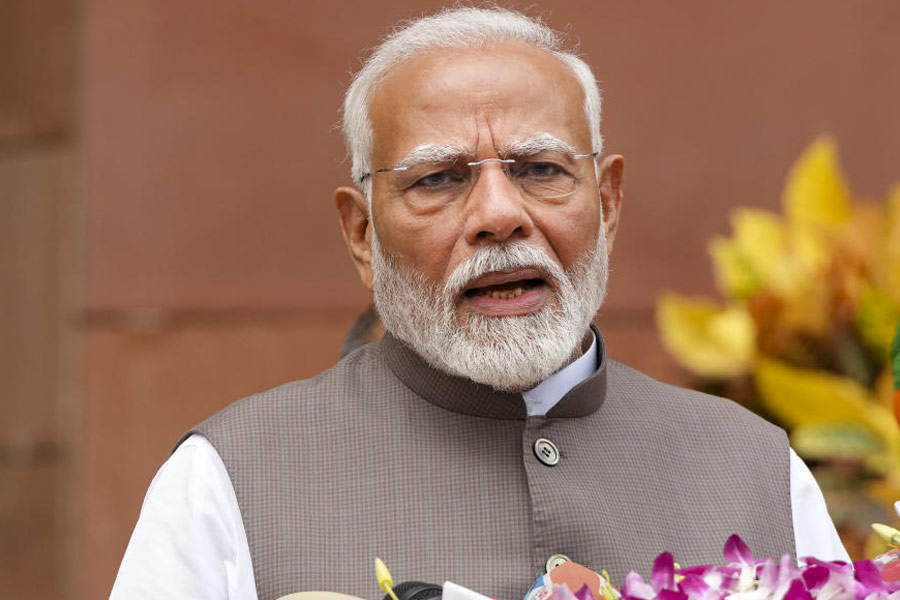Governments are seldom fond of non-profit or non-governmental organisations, especially those which receive foreign grants. The Foreign Contribution Regulation Act was formulated in 1976 so that governments could scrutinise the sources of overseas funds and their uses by NGOs to prevent foreign interference in India’s politics and development projects. Registration and licensing procedures were always strict. Yet various NGOs existed in spheres such as health and education, rights and social movements, in justice delivery, research, policy assessment through fieldwork and so on, by which they attempted to reach the deprived and marginalised in society. Under the Narendra Modi-led government, the NGO space has shrunk as never before. Repeated amendments to the FCRA accompanied by increased requirements for compliance have squeezed NGOs of funds, forcing them to let go of employees and drastically reduce their projects — if they managed to survive at all. Although no proper database for NPOs exists, one count in 2012 put the number at 31.7 lakh registered ones till 2008 while the income tax department gave a count of 2.52 lakh in 2022. This month, FCRA figures show 15,958 active associations, with over 34,000 either deemed expired or cancelled.
All these institutions had to revalidate their registrations in 2020. The government did not rest with imposing the goods and services tax, but directed that not more than 20% of foreign funds would be allowed for administrative expenses and bank accounts at one branch of the State Bank of India would be mandatory. In 2023, fresh amendments included a stoppage of sub-grants to smaller entities. This killed off many grassroots NGOs, dependent on bigger organisations for funds. Yet the smaller NGOs executed projects close to the ground that the larger ones could not reach. The distribution of tasks in the NGO space was suddenly disrupted. The government’s forbidding approach, which included some raids, cooled Indian donors, while corporate social responsibility rules limited their support to NGOs. The home minister clarified the government’s issue with the institutions in 2020, when he said that the new rules would ensure that no organisation was engaged in anti-national activity, religious conversion, political opposition to development projects and opposition to government policies.
Events have shown that it is not difficult to accuse any entity or person of the first two acts, while the other two suggest that criticism of the government is prohibited. Yet NGOs are most effective in the lacunae left by policies or their implementation. Perhaps that is why rights-based approaches and advocacy have been dealt a hard blow; those who are suffering the most are minority groups, women and girls who are the targets of crime, differently-abled persons, LGBTQA+ and other similar segments. The FCRA amendments reinforce the perception of the government’s desire for full control over all spheres and its intolerance of difference. But the list of sufferers suggests that the underprivileged are not an overwhelming priority either.

